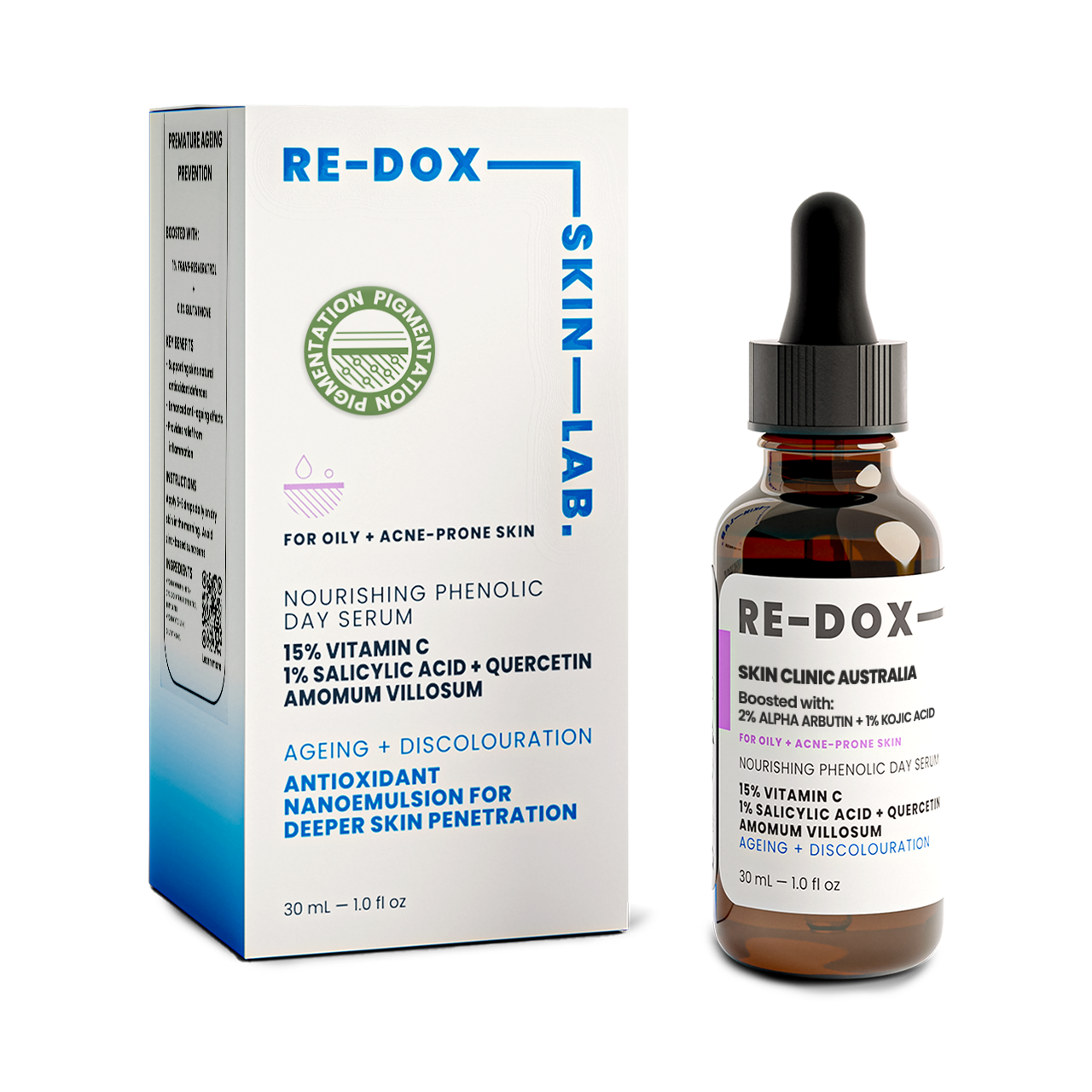PIGMENTATION

Hyperpigmentation is a common dermatological condition characterized by the excessive production of melanin, the pigment responsible for skin colour.
This condition leads to the development of darkened patches or spots on the skin, which can be caused by various factors such as sun exposure, inflammation, hormonal changes, or injury.
When melanin production becomes uneven or excessive, it can result in the formation of darkened areas that contrast with the surrounding skin.
Alpha Arbutin
Alpha arbutin is known for its ability to inhibit the enzyme tyrosinase, which is responsible for the colour of our skin, hair and eyes. In hyperpigmented areas, there is overproduction of this enzyme. Alpha Arbutin consequently reduces melanin synthesis and limits the formation of new dark spots.
Additionally, it has been found to promote the dispersion of existing melanin clusters in the skin. This means that it helps break down and distribute the melanin more evenly, leading to a reduction in the appearance of dark spots.
Arbutin is a natural derivative of hydroquinone that is much more stable and safer than hydroquinone itself and can therefore be used regularly for a long period of time.
Kojic Acid
When Kojic acid is applied to the skin, it penetrates the top layer (epidermis) and reaches the melanocytes, the cells responsible for producing melanin.
It binds to copper ions present in the active site of the enzyme, tyrosinase - which is responsible for melanin production - and potentially inhibits tyrosinase activity. As a result, the dark spots caused by tyrosinase activity gradually lighten with continued use.



